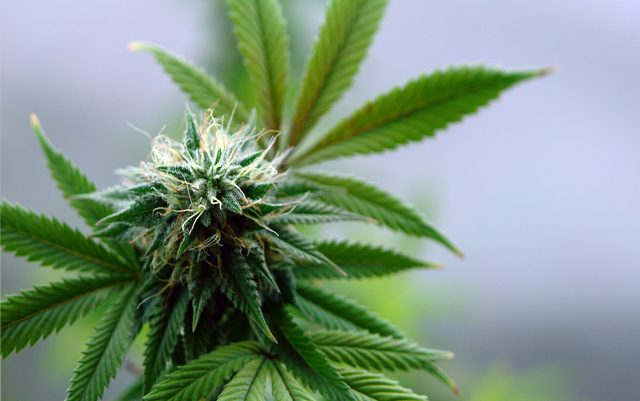In a huge step forward for the country, lawmakers in the Australian Capital Territory (ACT) voted to allow adults 18 years of age and older to possess and cultivate cannabis for personal use in the country’s capital city, Canberra. The new law is expected to go into effect January 31, 2020 and would allow adults to legally possess up to 50 grams (1.76 ounces) of cannabis and cultivate two plants per person with a maximum of 4 per household.
“The passage of this legislation is an Australian first,” Michael Pettersson, a Labor Party lawmaker who was a driving force behind the bill, said in a statement. “It will work to reduce the harm of drugs in our community by reducing the stigma of drug use and encouraging people to seek help without fear of arrest.”
The legislation is intended to help reduce the number of people who are affected every year by prohibition in the country. The ACT’s current laws assess a $160 fine (Australian) for possessing 50 ounces or less of cannabis or cultivating two plants. But for more than 50 ounces an individual can face a fine of up to $8,000 (Australian), 2 years in prison, or both. Throughout the country there were over 72,000 cannabis-related arrests in the 2017-18 fiscal year. Of those 72,000 arrests, 92% were merely consumers.
While the intent is the same as states in the U.S. that have chosen to legalize cannabis, the ACT is in a similar situation. Cannabis will remain illegal at a federal level in Australia – which means if they choose to, the government could override this new law either before or after it goes into effect.
“Commonwealth law has been written with the express understanding that there are differences,” Pettersson said. “I don’t think it’s particularly likely the commonwealth government will try to fight this.”
In 2016, the country’s lawmakers finally legalized the cultivation of medical marijuana for scientific and medicinal purposes – but that does not necessarily mean that they are onboard with full legalization. This is not the first time that the ACT – or other territory – has tried to go against federal law.
In 1995, the Northern Territory legalized voluntary euthanasia, but the federal government stepped in to prevent territories and states from creating such laws. Then in 2013, the ACT legalized same-sex marriage, but the federal government again stepped in and the law was revoked after a battle in the High Court.
With any luck, this law will be allowed to be implemented with limited interference, similarly to states that choose to legalize here in the U.S. Hopefully, this measure works as legislators intended it and it greatly reduces the number of people who will be charged for cannabis-related crimes. Maybe it will even influence the country’s lawmakers to take a harder look at legalizing cannabis at a federal level, rather than waiting until most of their territories have done it anyway.






